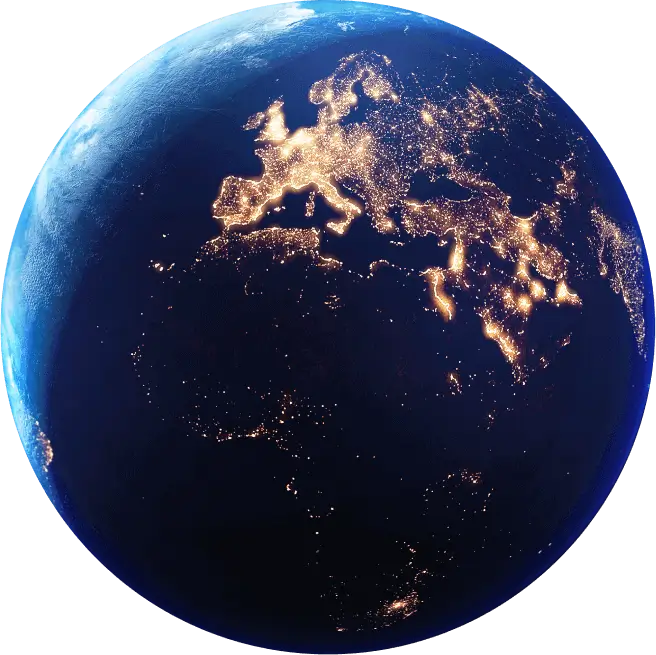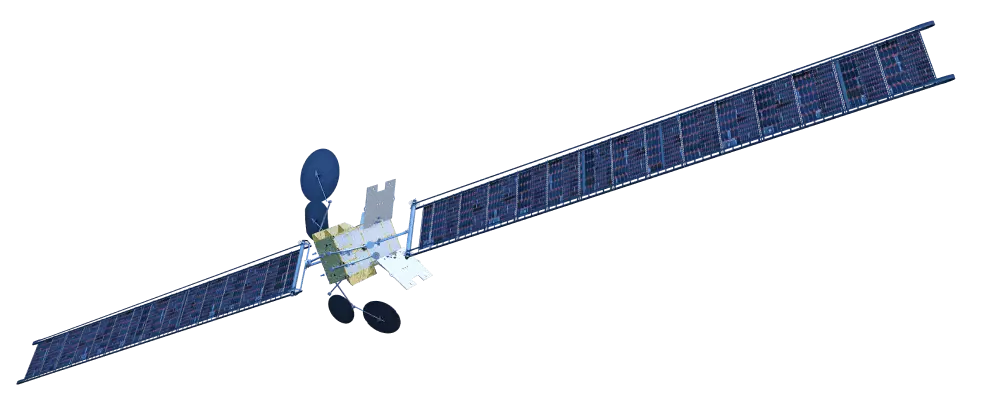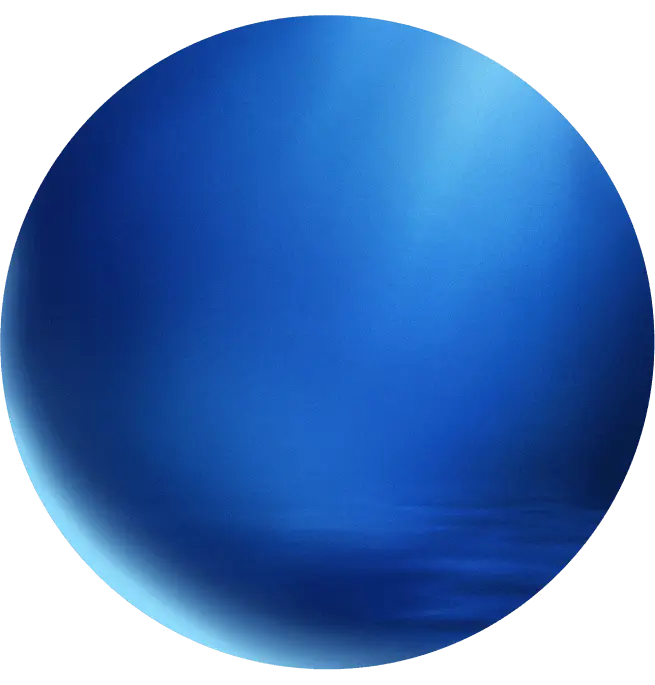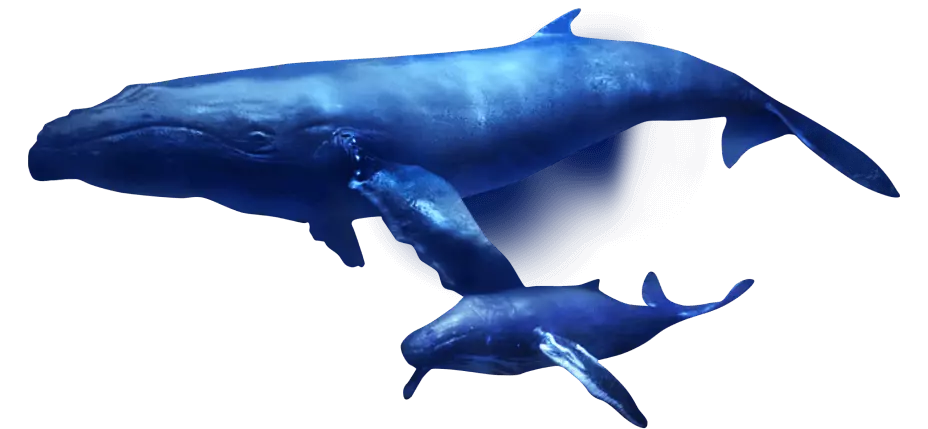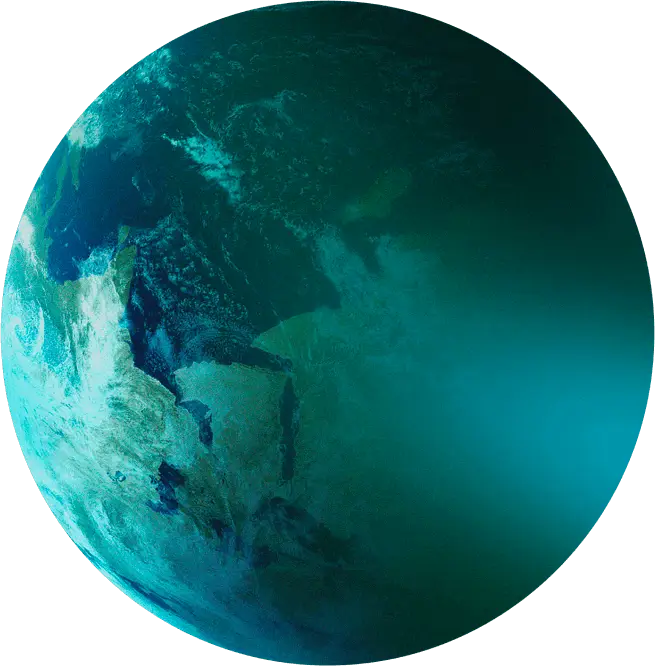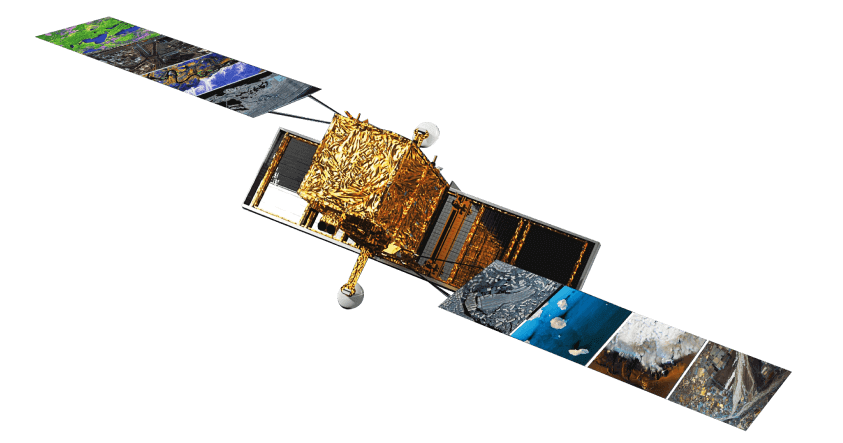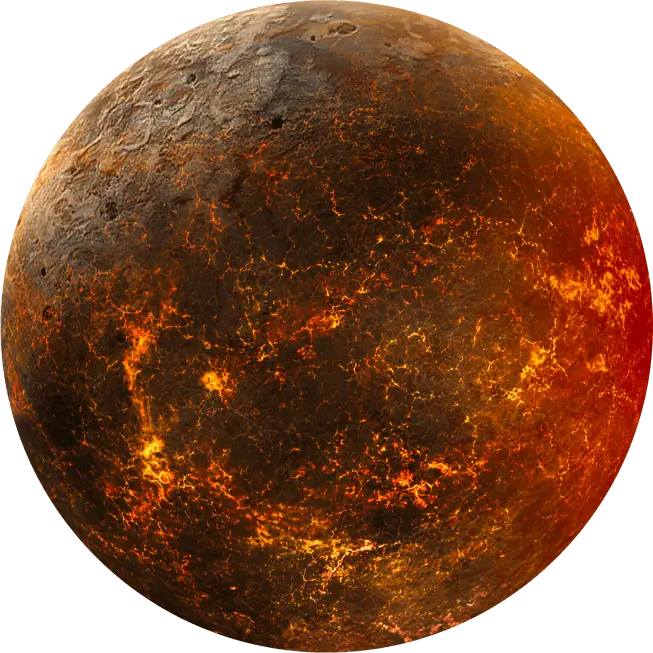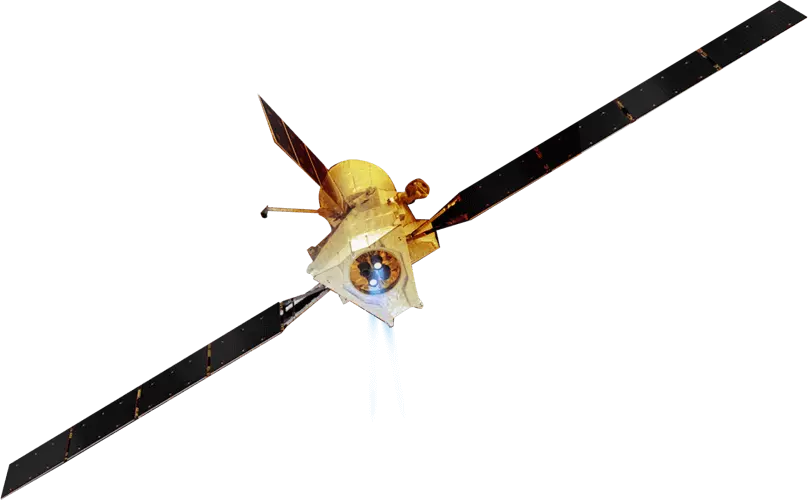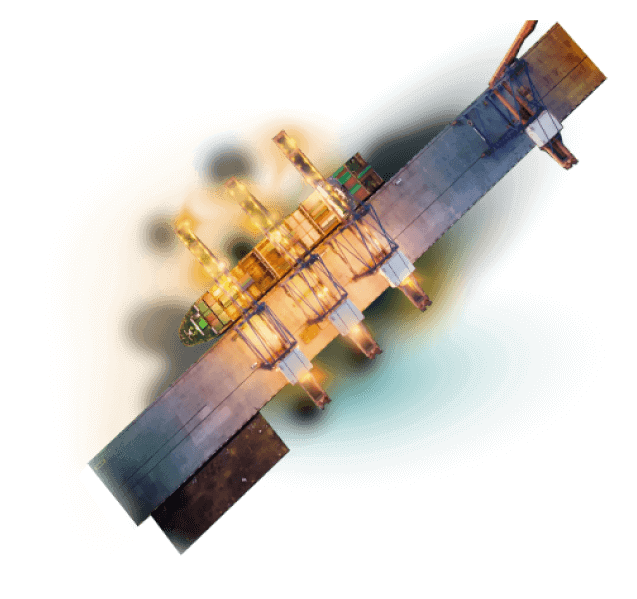Space to Travel & navigate
We no longer use paper maps to get around by car; today’s satnavs have everything we need to get safely from A to B. Geolocation also lets us precisely identify people adrift at sea or in other dangerous situations. Satellite navigation systems are used at airports to assist pilots during takeoff and landing. They also serve a host of other applications like tracking ships, search & rescue, the Internet of Things (IoT) and agriculture. And they have already helped save many human lives.
As a pivotal player in programs like Galileo and EGNOS, Thales Alenia Space has always been a pioneer in satellite navigation systems.
About EGNOS
EGNOS (European Geostationary Navigation Overlay Service) is the system used to augment Galileo’s accuracy and performance all over Europe. Its services help aircraft land at small airports and assist shipping, typically for operations like conveying a platform through tight channels.
Thales Alenia Space has continually enhanced the ground system to ensure the integrity vital to ultra-precise and reliable positioning requirements for new applications like autonomous road, rail and maritime transportation systems. Safety-of-life services already exist for aviation.
The Korea Aerospace Research Institute (KARI) turned to us to conceive its own version of EGNOS, KASS (Korea Augmentation Satellite System), which will provide safety-of-life services for the aviation, rail, maritime and road sectors. KASS system has been officially certified by the Korean authorities on January 2024, and is now completely operational.
Thales Alenia Space also developed the MEOLUT Next active-antenna system used for satellite search & rescue operations. This solution, renowned for its exceptional coverage and positional accuracy, enables the intergovernmental COSPAS-SARSAT satellite-based search-and-rescue initiative to save hundreds of lives every year.

About Galileo
Thales Alenia Space was involved in every development phase of the first-generation Galileo system, in charge of system support, the Galileo Mission Segment and the Galileo Security Facility. In 2021, our company was selected by ESA, acting for the European Commission, to build 6 of the 12 new satellites for the Galileo Second Generation sovereign constellation. In July 2023, we signed contracts with ESA and the Commission to design and build the Galileo Second Generation mission ground segment and provide technical support for systems engineering with our European partners.
In March 2024, we signed a contract with European Space Agency to deliver an end-to-end solution for the LEO-PNT (Low Earth Orbit Positioning Navigation and Timing) orbit demonstrator.
This contract includes the space (5 satellites to be launched), ground and users segments, the in orbit operations (including deorbiting), the launch, the test user segment, experimentation and service demonstration in different industries representative user environments. This constellation will work in combination with Galileo and other satellite navigation systems to provide guaranteed centimeter location accuracy, robustness, resistance against jamming and spoofing as well as low latency (very fast acquisition). LEO-PNT will thus allow to serve emerging applications as high level autonomy cars including persistent coverage in dense urban areas, unmanned aerial & maritime vehicles or 5G/6G ground telecommunication network synchronization.

Geolocation for the Internet of Things
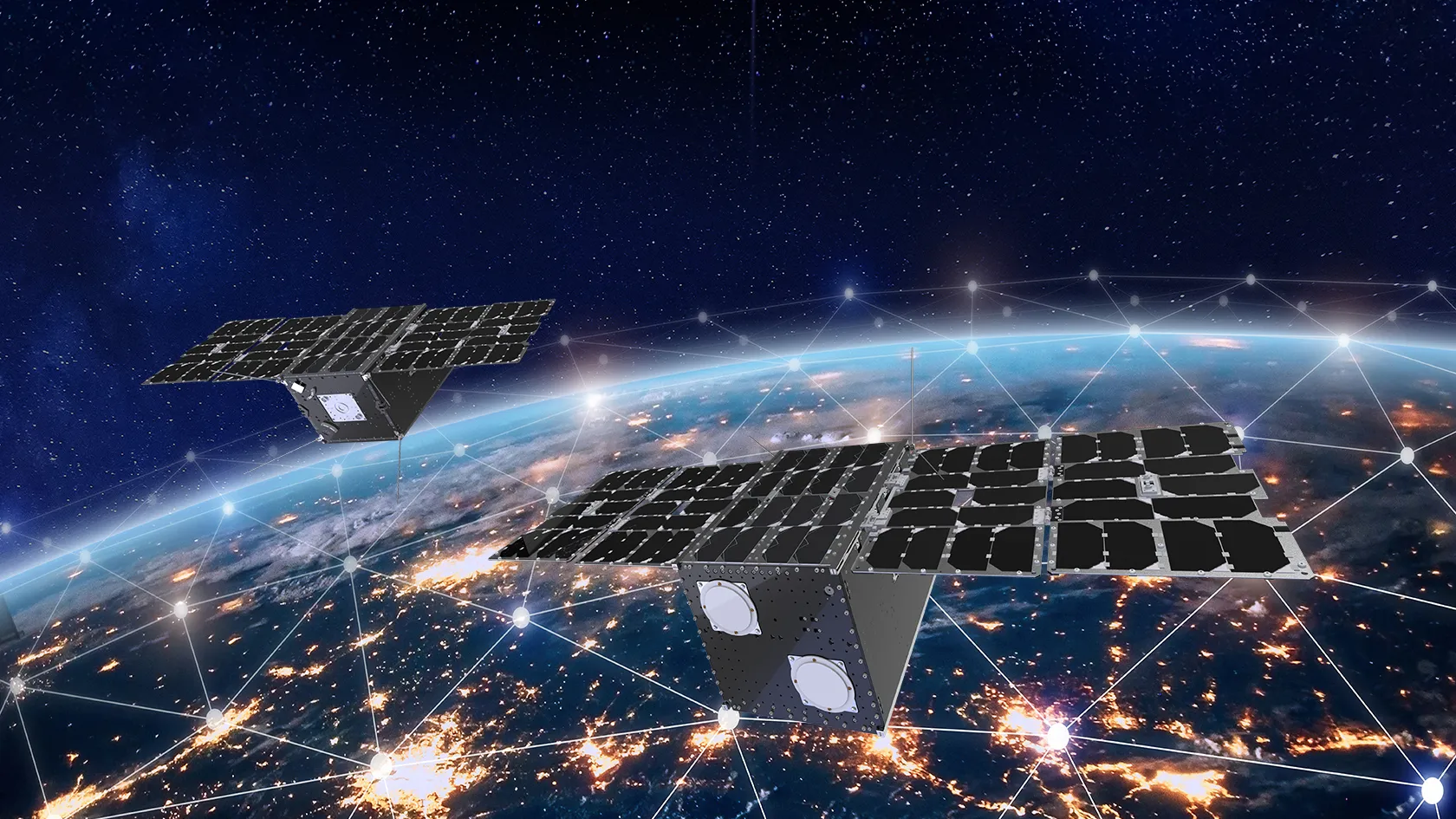
Thales Alenia Space has leveraged its expertise in satellite constellations and navigation to address new markets calling for new navigation and geolocation capabilities, like Kineis, the first French constellation dedicated to the Internet of Things (IoT), and Omnispace.
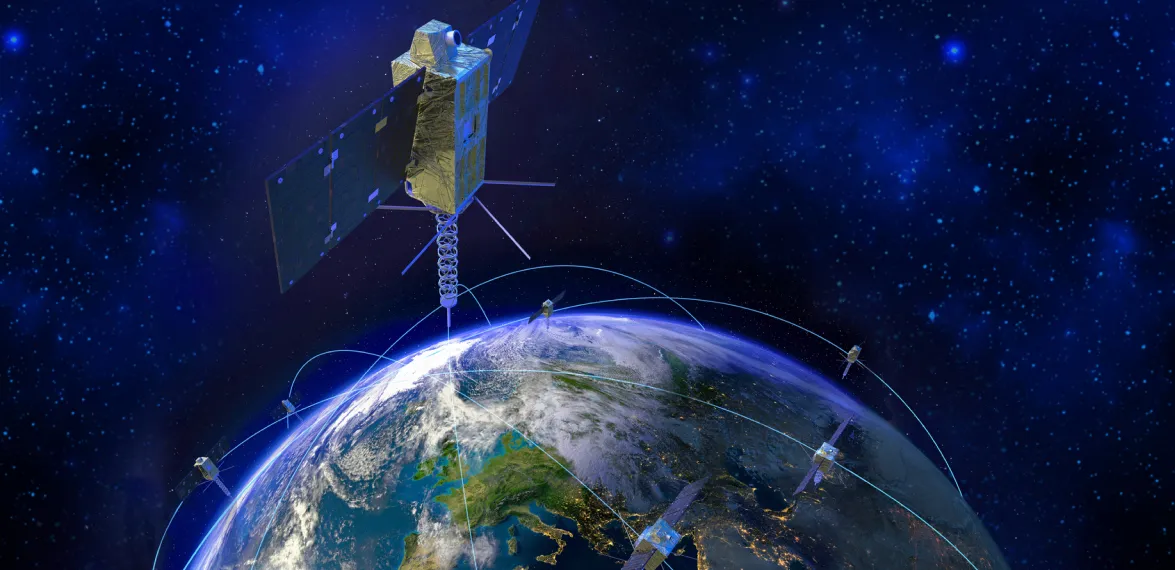
With Kinéis, there will be no more “white zones”: the system will cover 100% of Earth’s surface — including the 85% not served by terrestrial networks. It offers low-power, low-data-rate, near real-time data transmission capabilities for connected devices, regardless of location. We are the system architect and responsible for the payloads of this constellation featuring 25 nanosatellites, all successfully launched from mid-2024 to early 2025. The final launch took place on March 18, 2025, from Rocket Lab’s New Zealand site.
Pioneering the future of satellite navigation
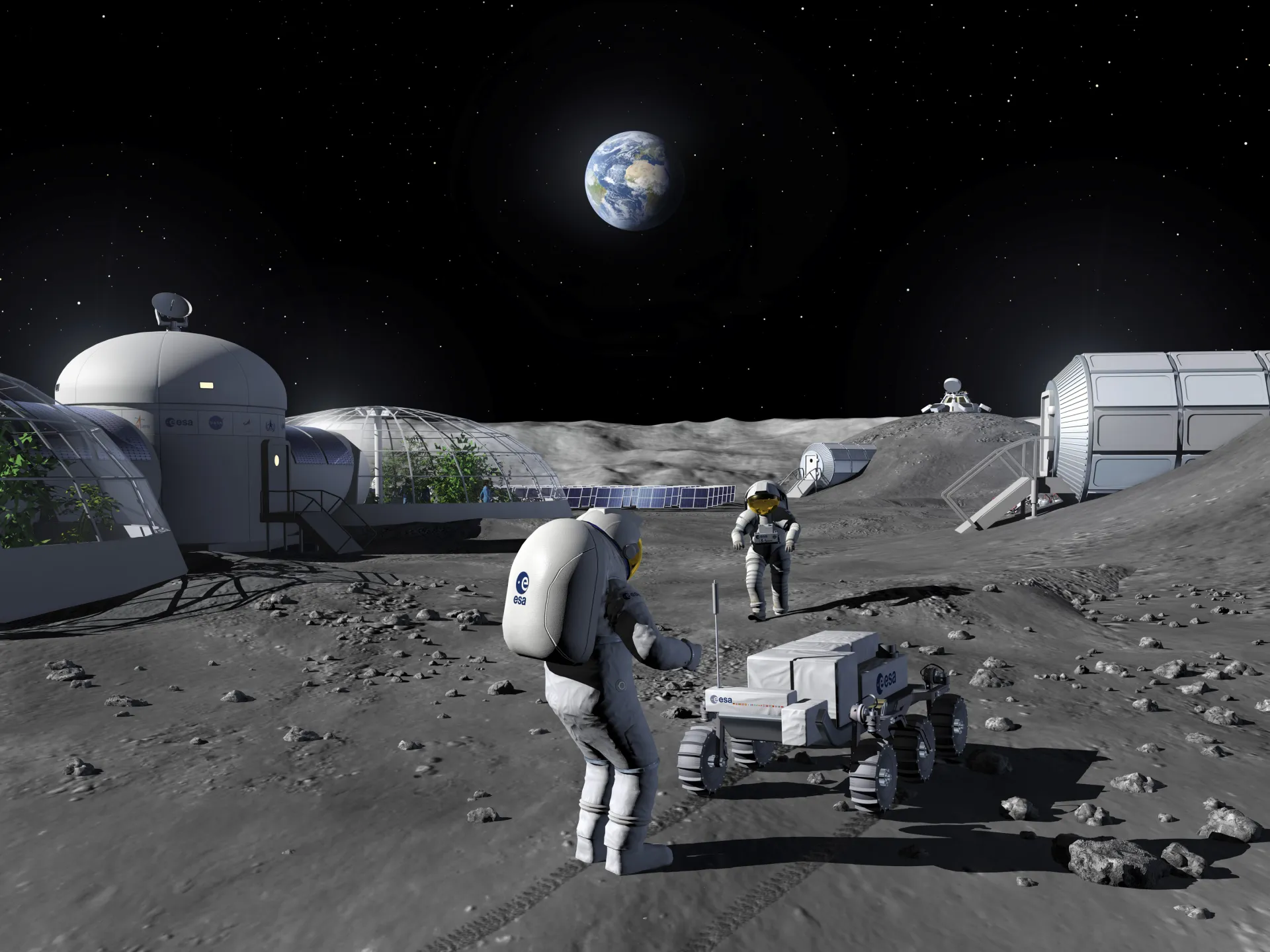
For the Moon to become an effective forward base for space exploration, it must first have a reliable and secure navigation and telecommunication infrastructure. This is the goal of the Moonlight program led by ESA. Thales Alenia Space is contributing to this program by developing the space segment of the satellite navigation system. This lunar network will enable real-time communication between Earth and human or robotic missions on the surface, continuous connectivity and precise navigation for rovers and astronauts.


